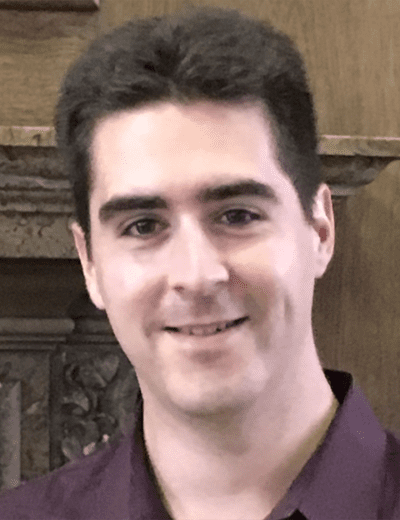
These projects were made possible from Cure Alzheimer's Fund support.
| Project Description | Researchers | Funding |
|---|---|---|
| Interpreting Alzheimer’s Disease-Associated Genetic Variation at Enhancer Regions |
2024 $201,250 |
|
| CIRCUITS: Interpreting Alzheimer’s Disease-Associated Genetic Variation at Enhancer Regions |
2021, 2022 $400,000 |
|
| Interpreting Alzheimer’s Disease-Associated Genetic Variation at Enhancer Regions |
2016-2019 $780,430 |
These published papers resulted from Cure Alzheimer’s Fund support.
Ramamurthy, E., Welch, G., Cheng, J., Yuan, Y., Gunsalus, L., Bennett, D. A., Tsai, L. H., & Pfenning, A. R. Cell type-specific histone acetylation profiling of Alzheimer’s disease subjects and integration with genetics, Frontiers in Molecular Neuroscience, January 6, 2023, Read More
Welch, G. M., Boix, C. A., Schmauch, E., Davila-Velderrain, J., Victor, M. B., Dileep, V., Bozzelli, P. L., Su, Q., Cheng, J. D., Lee, A., Leary, N. S., Pfenning, A. R., Kellis, M., & Tsai, L. H. Neurons burdened by DNA double-strand breaks incite microglia activation through antiviral-like signaling in neurodegeneration, Science Advances, September 28, 2022, Read More